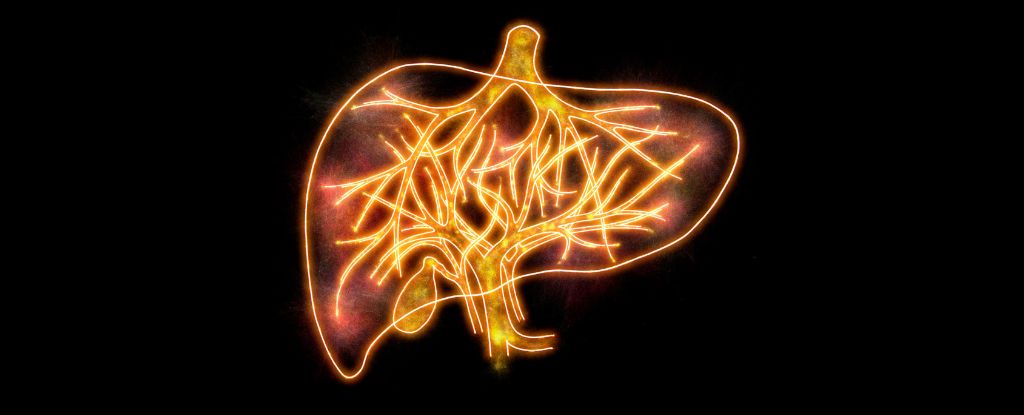ARTICLE AD
The Japanese SLIM lander is still clinging onto its unfortunate existence, surviving a second lunar night while lying face down on the Moon.
China's Plan to Land Astronauts on the Moon
On Wednesday, the Japan Aerospace Exploration Agency (JAXA) shared the news that its lunar lander unexpectedly sprung back to life for the second time. JAXA received a signal from its SLIM lander, indicating that the spacecraft had turned back on after hibernating to avoid the freezing temperatures of nighttime on the Moon. SLIM is not in great shape, but this little guy just won’t quit.
“According to the acquired data, some temperature sensors and unused battery cells are starting to malfunction, but the majority of functions that survived the first lunar night was maintained even after the second lunar night!” JAXA wrote on X.
SLIM, short for Smart Lander for Investigating Moon, landed on the Moon on January 19, making Japan the fifth country to successfully put a spacecraft on the dusty lunar surface. About three hours after landing, however, JAXA was forced to shut down the spacecraft’s system because SLIM’s solar cells were not generating enough electricity.
One of SLIM’s two main thrusters may have failed during the final landing phase, causing the lander to end up face down on the Moon with its thrusters pointed upward and its solar arrays facing west, away from the Sun. JAXA made the decision to shut down the spacecraft’s system around three hours after landing to conserve its remaining power, which was at 12% at the time.
A little over a week after touchdown, JAXA reestablished contact with its SLIM lander and resumed operations. By January 31, SLIM was forced to enter sleep mode as the Sun set on the lunar near side, rendering the lander’s solar panels unable to generate power.
The lunar lander was not designed to survive the freezing temperatures of nighttime on the Moon, which lasts for approximately 14 Earth days. SLIM defied all odds, however, by reviving itself as night turned to day on the Moon on February 25.
As daytime turned into night on the Moon, SLIM was once again forced to hibernate. At that point, all odds were against the upside down lander. Surprisingly, the SLIM lander revived itself for a second time, shaking off that Moon frost and sending a signal of reassurance to JAXA.
It’s not clear what JAXA plans to do with its lander now. The mission successfully met its primary goal by making a precise landing on the Moon’s surface. This achievement tested advanced precision technology, enabling the spacecraft to touch down within a 328-foot (100-meter) radius of its intended target. Everything after that has been the icing on an extremely persistent cake that just refuses to die.
For more spaceflight in your life, follow us on X (formerly Twitter) and bookmark Gizmodo’s dedicated Spaceflight page.

 8 months ago
52
8 months ago
52 

